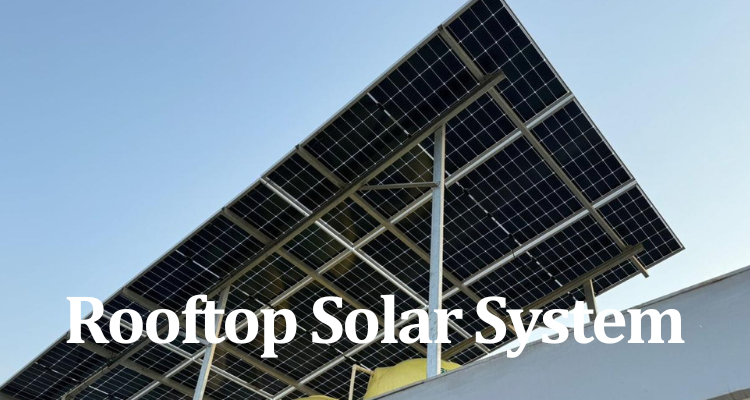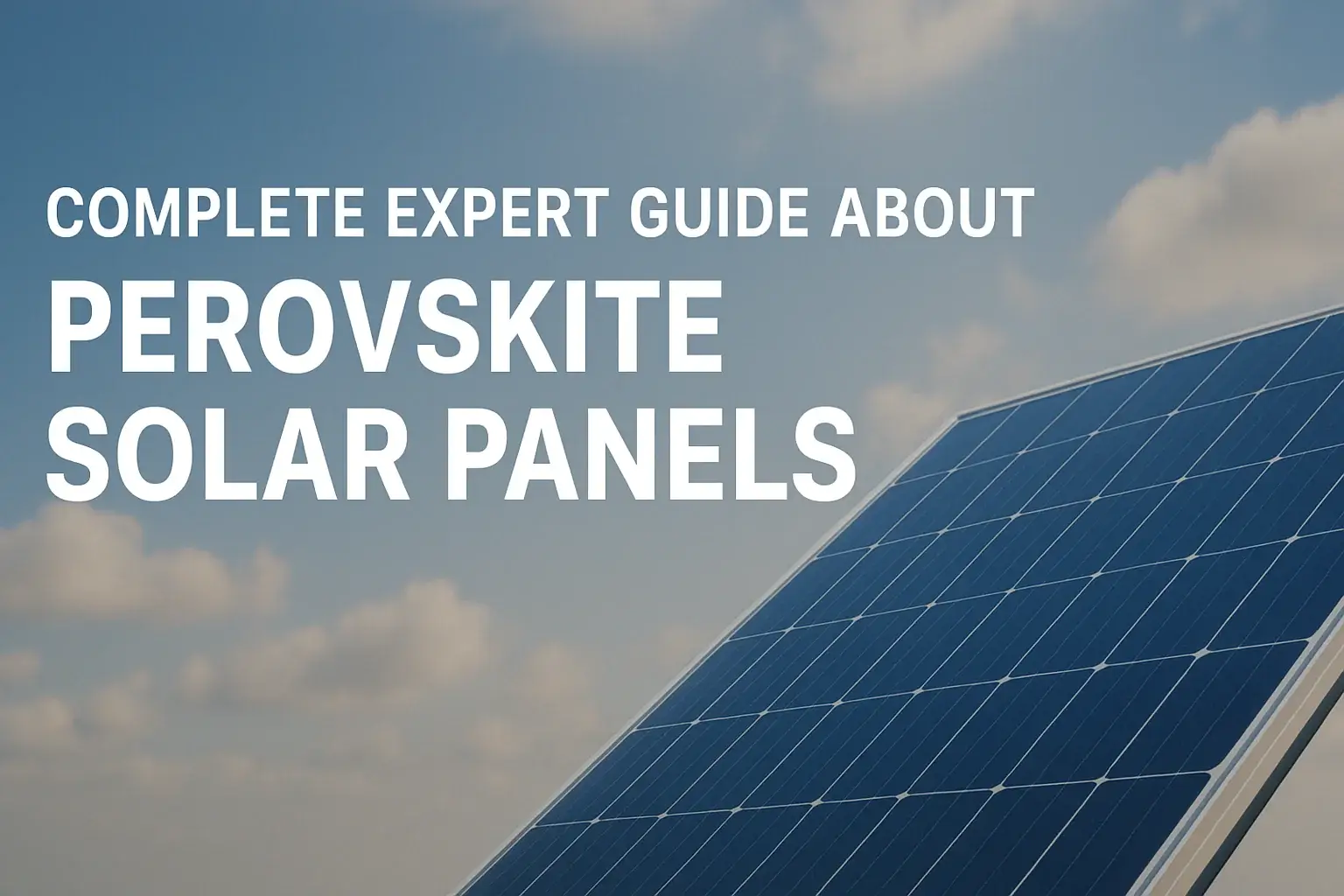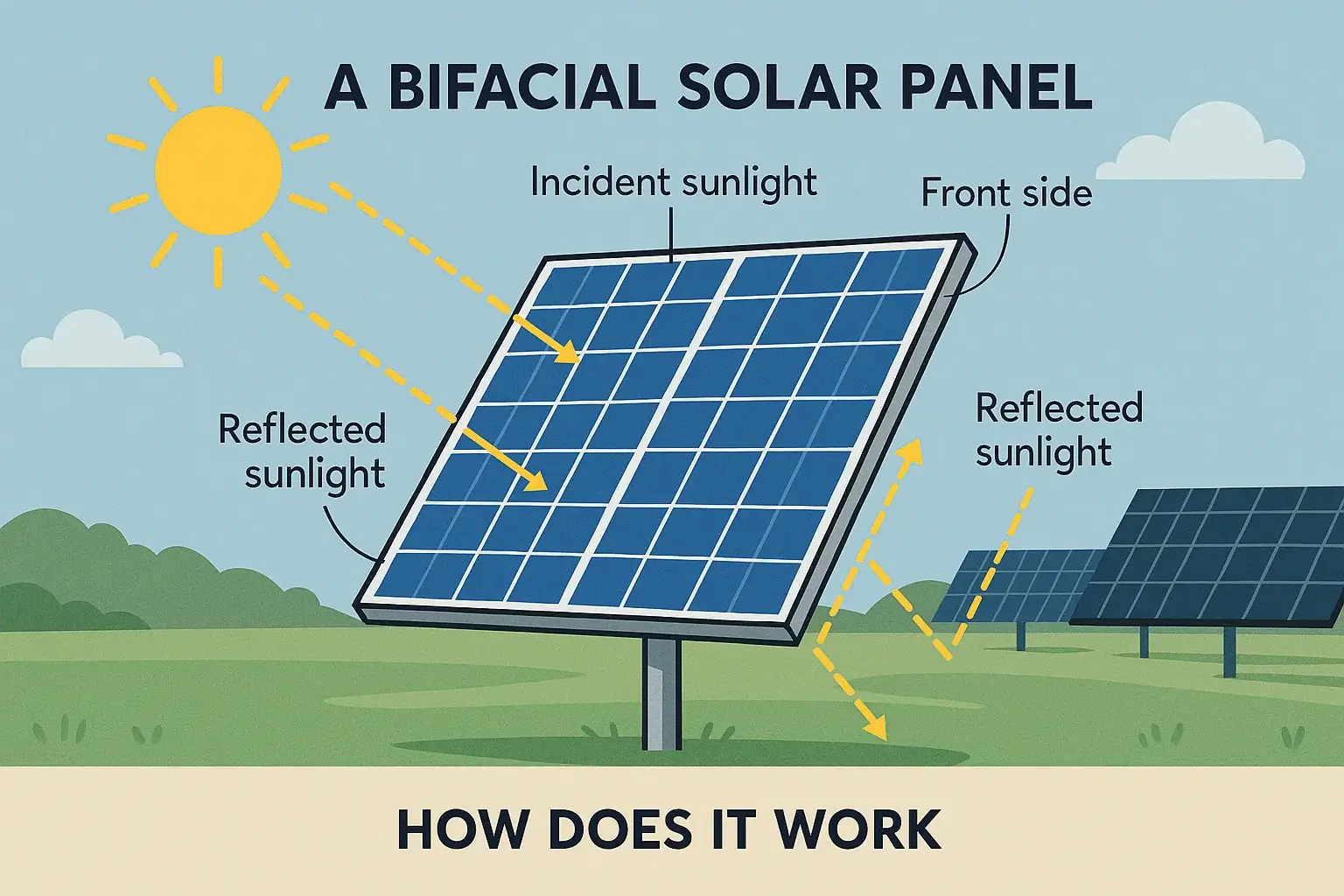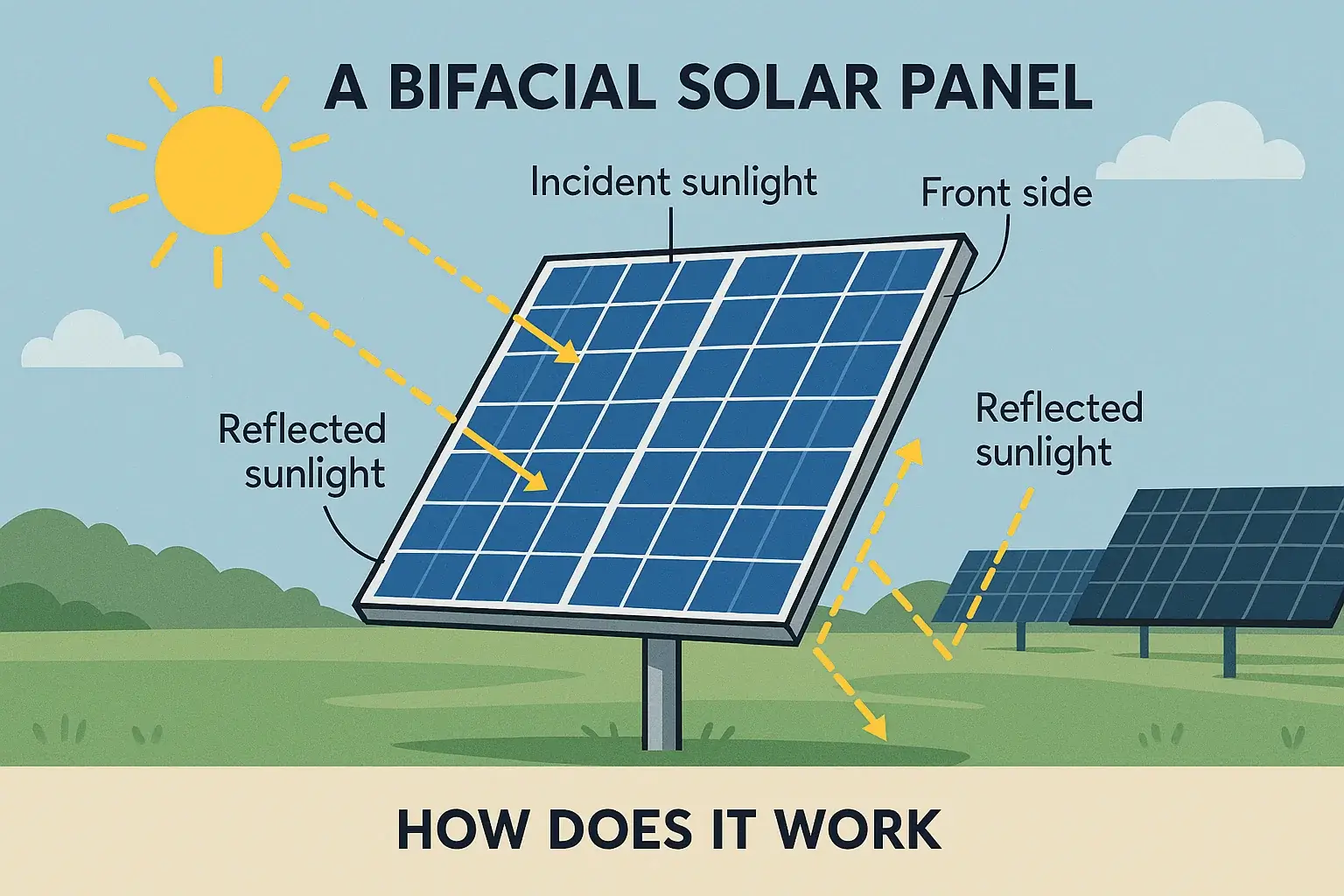Understanding the Basics of Rooftop Solar Systems
Rooftop solar panel installations become an increasingly popular option for homeowners and businesses. Rooftop solar installation is one of the effective options for generating electricity. These are suitable options to reduce environmental impact. It would also save money on energy bills. There is a great advancement in technology and government incentives for renewable energy. The rooftop solar system is quite accessible and most affordable in the modern day.
What Is A Rooftop Solar System?
Rooftop Solar Systems are ideal options for residential and commercial setups. These are full-fledged energy systems, which are especially comprised of solar panels, inverters, and batteries. Rooftop solar systems are strategically positioned panels, which are efficient options for capturing solar energy. These would be converting Direct Convert (DC) into Alternative Current (AC) for varied appliances
What Are The Types Of Solar Rooftop Systems?
- On-Grid System : On-grid systems are connected with power grids. These involve net metering, which feeds the power surplus in the grid. In the modern day, many homeowners prefer to use the On-grid solar system. This helps to get credit for extra power generated in the system. These are not powered by batteries. These would be easily saving money on electricity bills.
- Off-Grid System: The off-Grid System is an amazing choice for the rooftop, and these functions are independent of the battery. Power generated through the installed solar panels on the rooftop would automatically charge the battery. These would be subsequently running across multiple power appliances. Off-grid systems are highly preferred if there is a frequent power breakdown in the area.
- Hybrid System: Hybrid System combines the efficiency of On-Grid system and Off-Grid System. Installing the Hybrid rooftop solar system for home is significant for generating sufficient power for domestic as well as industrial purposes. These are highly preferred rooftop solar systems as the battery can get fully charged in a short time. The extra power generated will be automatically fed across the grid creating the extra income.
What Are The Rooftop Solar Installation Processes?
Rooftop solar installation involves the process of mounting the solar panels on the rooftop. These are suitable options for the home and business for harnessing the sun's energy. It will convert solar energy into electricity. These solar panels capture the sunlight along with converting it into direct current (DC) electricity. These can be converted into Alternating Current (AC) electricity. The AC power will be used for varied appliances. The installation process involves varied steps to make sure that they last for a longer time.
- Site Assessment: Rooftop solar system installation starts with a site assessment in detail. Normally, an expert team would check roof size and direction and determine how strong it is. It definitely makes sure they can cover enough sunlight.
- Design: Upon completing the site assessment, designing of the solar system comes next. Mounting solar panels, inverters, batteries and many others is the next stage.
- Permits: Getting the right permits is essential before installing the solar panels. solar panels installations need to be set up following the local rules.
- Installation: The solar system is set up in the appropriate position, and installers would make sure that these are placed properly. The installation also involves everything safely connected for long-lasting results. Upon installing the solar system at home, the installers would ensure everything is running properly. These are also connected to the power grid. Normally, regular maintenance is essential to keep the system running at optimal performance. It also makes solar panels last longer and perform better for years.
How Do Solar Panels Work?
Rooftop solar panels use the sun’s power to change the sunlight into Direct Current (DC) electricity. Solar panels especially have cells that are made with silicon, and it is helpful for making electricity. Process changes with DC electricity sent across Alternating Current (AC) through inverter. It would be making power right for home usage. The homeowner has 2 smart ways to use extra energy, such as storing it in batteries. These also give it back to the grid. It involves net metering in which homeowners can get the bill credits. It can result in big savings with energy freedom.
Getting the solar panels helps the homeowners to easily save on energy bills. These would also be protecting the environment. Knowing solar power lets you support green living along with saving money on electricity. It involves panels, inverters, storage batteries and many others for working the solar system.








